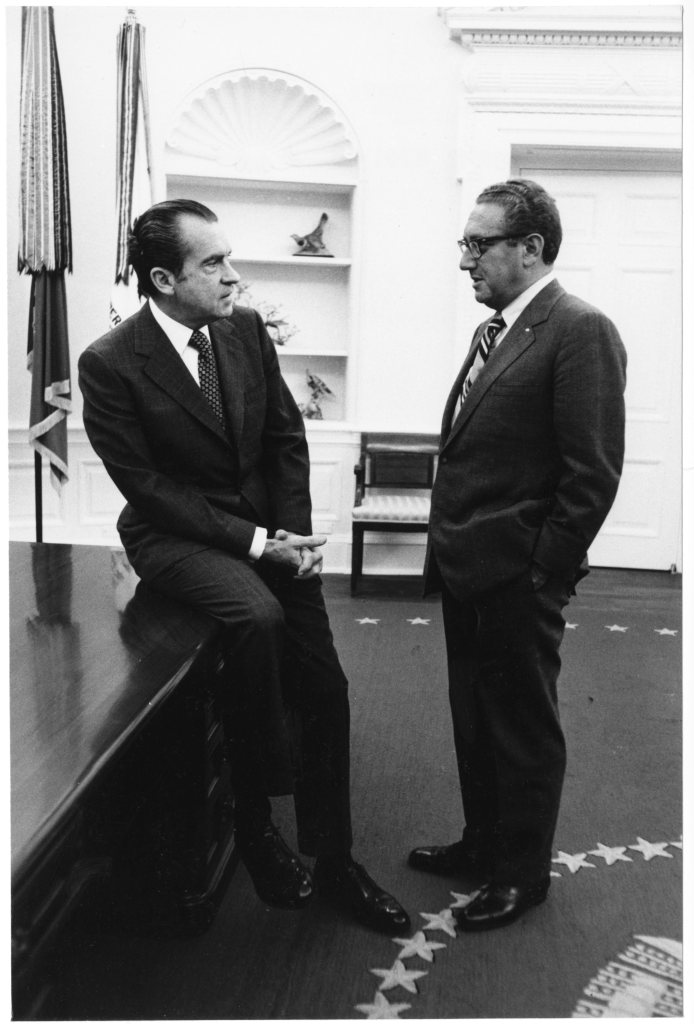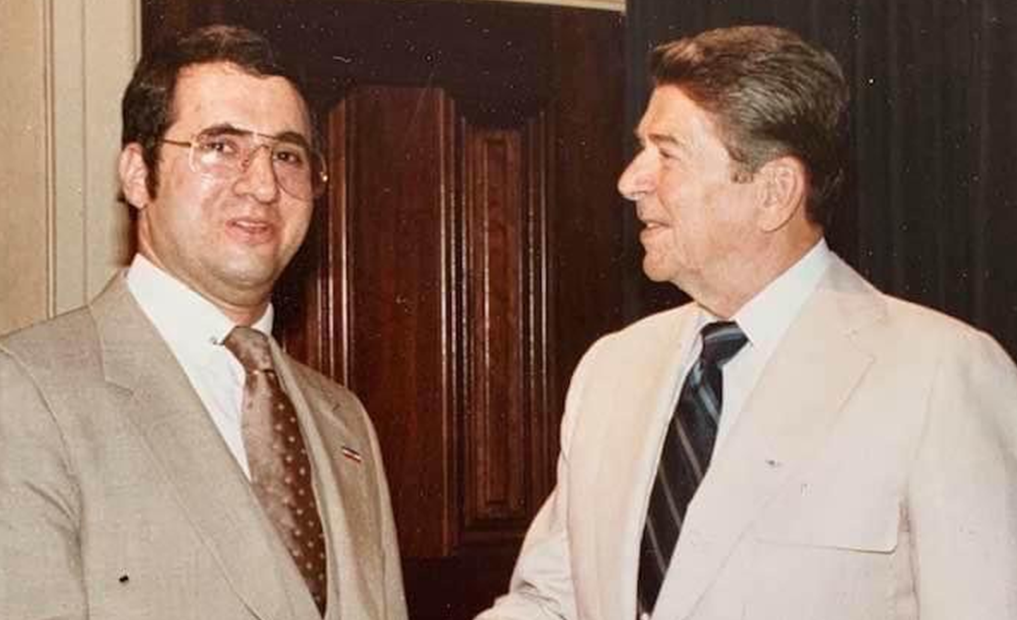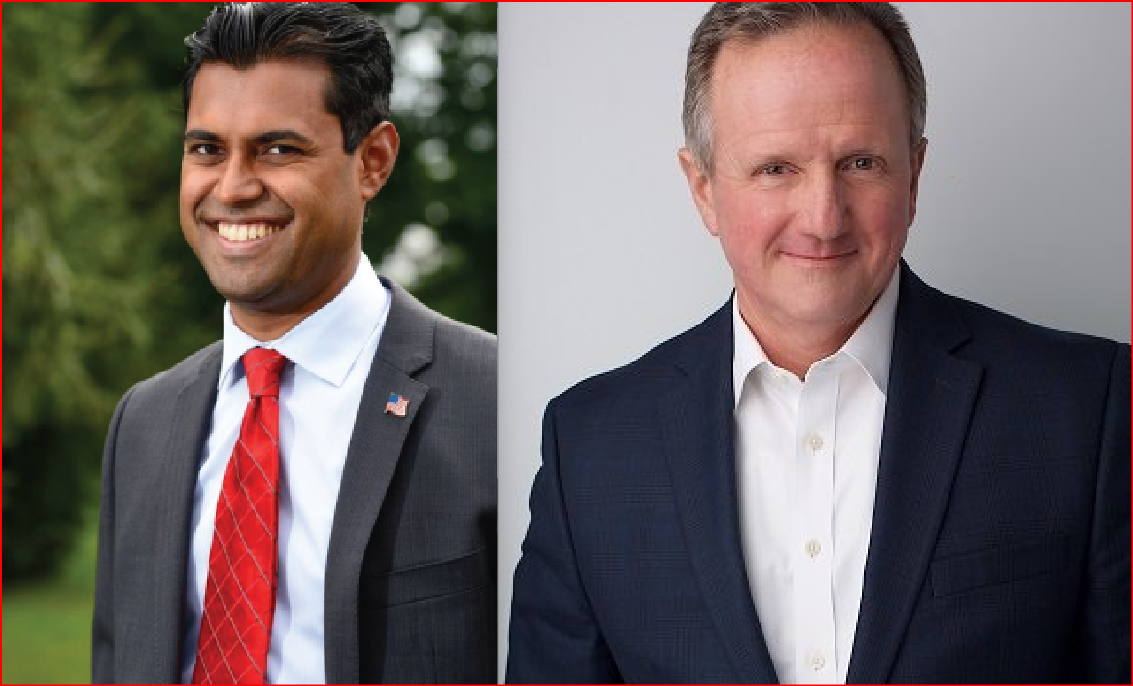Examining the Intricate Historical Legacy of Kissinger at 100: Reflecting on His Impact
Henry Kissinger, the renowned diplomat and political scientist, celebrated his 100th birthday on May 27th, 2023. As one of the most influential figures in American foreign policy, Kissinger’s legacy is a subject of great interest and debate. His impact on international relations, particularly during his tenure as National Security Advisor and Secretary of State under Presidents Richard Nixon and Gerald Ford, continues to shape the world we live in today.
Born in Germany in 1923, Kissinger fled Nazi persecution with his family and settled in the United States. His academic brilliance led him to become a prominent scholar in international relations, eventually advising presidents and shaping American foreign policy. Kissinger’s approach to diplomacy was characterized by realpolitik, a pragmatic and often controversial strategy that prioritized national interests over ideological considerations.
One of Kissinger’s most significant achievements was his role in the normalization of relations between the United States and China. In 1971, he secretly visited Beijing, paving the way for President Nixon’s historic trip the following year. This breakthrough ended decades of hostility between the two nations and opened up new avenues for diplomacy and trade. The ripples of this diplomatic triumph can still be felt today, as China has emerged as a global superpower.
Another key aspect of Kissinger’s legacy is his involvement in the Vietnam War. As National Security Advisor, he played a crucial role in formulating the policy of Vietnamization, which aimed to transfer combat responsibilities to South Vietnamese forces while gradually withdrawing American troops. This strategy was met with mixed results and faced significant criticism from anti-war activists who believed it prolonged the conflict unnecessarily.
Kissinger’s approach to diplomacy was not without controversy. His involvement in covert operations and support for authoritarian regimes, such as Chile under General Augusto Pinochet, drew criticism from human rights advocates. The 1973 military coup in Chile, which overthrew democratically elected President Salvador Allende, remains a dark chapter in Kissinger’s legacy.
Despite the controversies surrounding his tenure, Kissinger’s impact on American foreign policy cannot be denied. He was instrumental in shaping the policy of détente with the Soviet Union, which aimed to ease tensions between the two superpowers during the Cold War. His negotiations with Soviet leaders led to arms control agreements and reduced the risk of nuclear conflict.
Kissinger’s influence extended beyond his time in office. As a prolific writer and commentator, he continued to shape the discourse on international relations long after leaving government service. His books, including “Diplomacy” and “World Order,” offer insights into his strategic thinking and continue to be studied by scholars and policymakers alike.
Examining Kissinger’s legacy at 100 years old is a complex task. While his contributions to diplomacy and global politics are undeniable, they are also subject to intense scrutiny and criticism. The intricate historical legacy of Kissinger reminds us of the complexities of leadership and the enduring impact of decisions made in the realm of international relations.
As we reflect on Kissinger’s impact, it is essential to recognize both his achievements and shortcomings. His realpolitik approach to diplomacy, while effective in some instances, also raised ethical questions. The lessons learned from his legacy can guide future policymakers in navigating the complexities of international relations, emphasizing the importance of balancing national interests with human rights and democratic values.
Henry Kissinger’s 100th birthday serves as an opportunity to engage in a thoughtful examination of his historical legacy. By critically evaluating his impact on American foreign policy and global affairs, we can gain valuable insights into the challenges and complexities of diplomacy in an ever-changing world.



